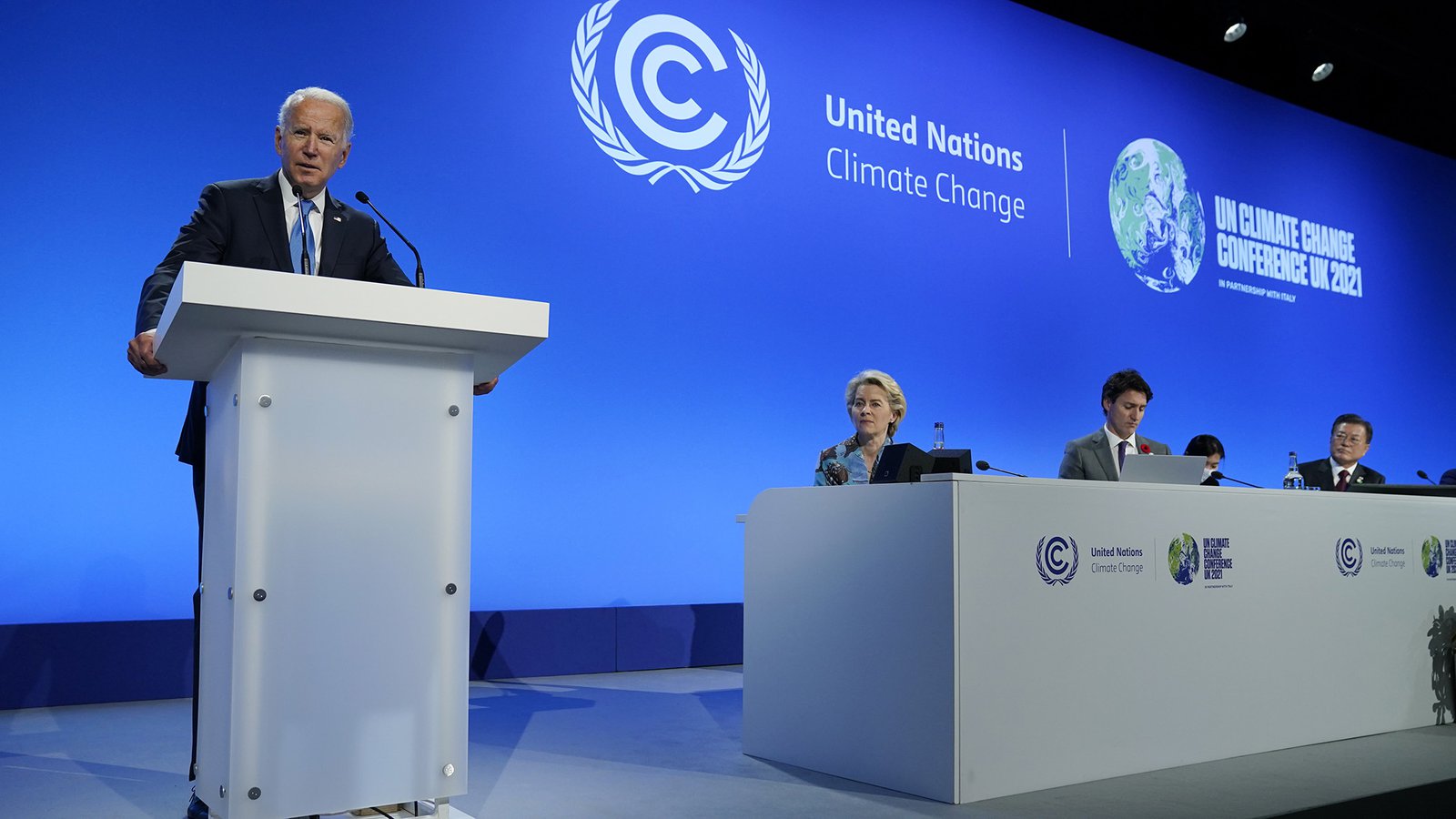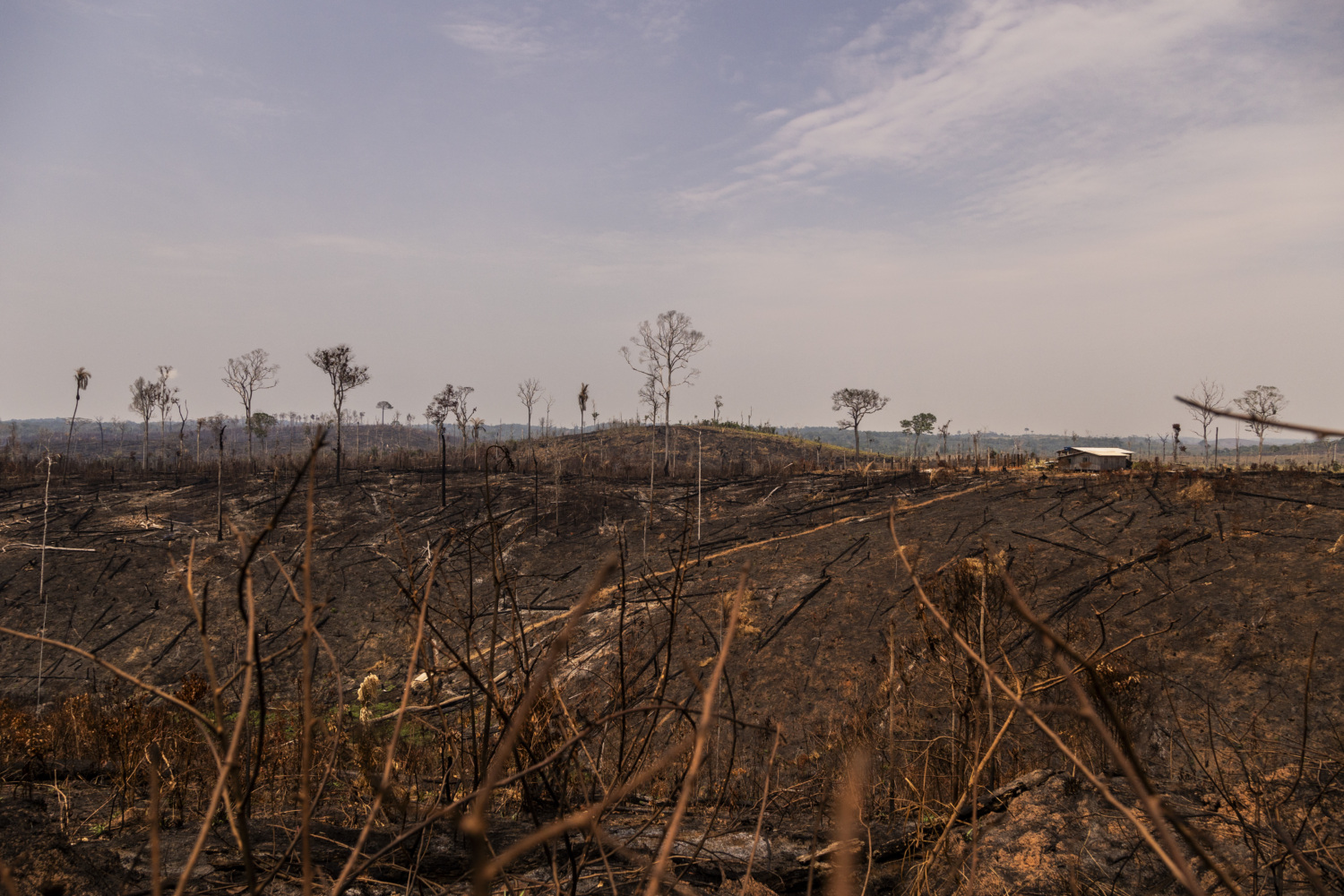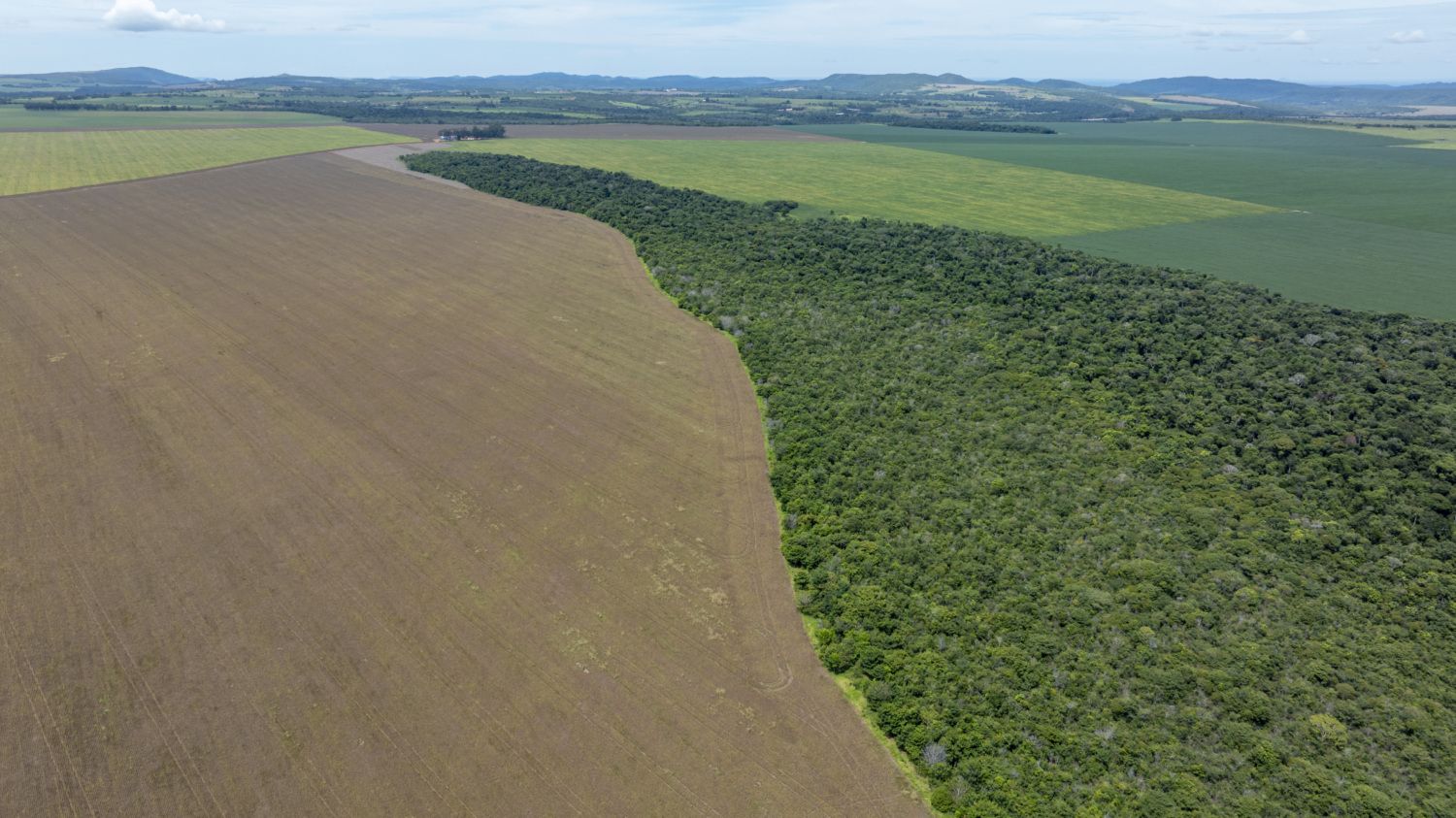
Five things that will determine the success of COP26 Leaders’ Pledge to Protect Forests
Five things that will determine the success of COP26 Leaders’ Pledge to Protect Forests
November 3, 2021
The announcement at COP26 of a new political commitment and global fund to protect the world’s forests heralds an unprecedented moment to begin reversing decades of deforestation across the planet. Signatories to the statement – which include Brazil, Russia, Indonesia, and the Democratic Republic of Congo, as well as the EU and USA – between them account for 85% of the world’s remaining forests.
Along with a promise to halt and reverse deforestation by 2030, the statement also announced a $19.2bn fund (comprised of both public and private money) to tackle the problem.
However, political pledges to end deforestation have been seen before; notably the 2014 New York Declaration on Forests. Sadly, the world has continued to lose forests at an alarming rate since that time. So, what needs to happen now for political puff to translate into real action on the ground to protect forests around the world?
Here are five things that will determine the fate of world leaders’ promise to halt deforestation by 2030.
- Enacting laws and resourcing law enforcement
Many of the world’s largest and most precious remaining forests are found in countries that either have inadequate laws to protect threatened ecosystems, or where such laws exist on paper only and are not enforced. This situation is compounded by corruption and cronyism, with many of the most notorious loggers in forest-rich countries being people with close financial and political ties to those in power. Conserving remaining forests in these countries will largely come down to changing the “risk vs reward” equation, i.e. by increasing enforcement and raising the level of legal jeopardy for the paymasters of those who wield the chainsaws.
- Protecting Indigenous land and forest rights
Thousands of Indigenous communities across the planet rely directly on forest ecosystems for their livelihoods and spiritual identity. At the same time, Indigenous Peoples’ play a vital role in managing and protecting forests. According to a UN report released in March of 2021, deforestation in Latin America is up to 50% lower in the territories of Indigenous communities than elsewhere. However, despite several international agreements codifying the rights of Indigenous Peoples, their territories continue to come under attack around the world from loggers and private militias seeking to displace them and grab their land. It is therefore vital that countries do more to protect, respect and fulfill the rights of Indigenous communities if they are to meet their objectives of halting and reversing deforestation.
- Climate finance additionality
When giant sums of money meant to save the planet are bandied about at international events such as COP26, it can be easy to get swept away in the hype. But it is important to understand the fine print, and to examine the track record of such pledges. At the Paris climate summit, the world’s richest countries agreed to provide $100 billion a year to poorer nations by 2020 in order to help them adapt to and mitigate climate impacts. Yet on the eve of the Glasgow COP, leaders of the world’s richest countries admitted that they had failed to deliver on this promise.
While the existing commitments remain unfulfilled, there is also a question of whether money pledged under this new initiative to halt deforestation (including to support Indigenous communities) will provide additional funds to those already promised, or be retrofitted within pre-existing unmet pledges. Developing countries are also concerned about whether the funds will come out of already overstretched – and in the UK’s case, shrinking – international aid budgets, reducing support for other vital activities. This question of “additionality” is crucial for bringing poorer nations on board with forest protection commitments.
- Closing the market
While protecting trees in countries with large intact forest areas is of paramount importance (including the financing of that), it is also essential to “delink” the consumption habits of rich importing nations from ecological destruction around the world. A number of commodities imported by OECD countries – including beef, soy, palm oil, cocoa, coffee, maize and rubber – are grown in tropical environments, where their production is often directly linked to the clearcutting of forests. It is therefore up to the governments in regions such as Europe, North America and East Asia to enact and enforce strong laws that prevent imported goods linked to deforestation from entering their markets.
- Accelerating industry action
Over recent years, investigations by groups like Mighty Earth and other NGOs have created growing media and consumer awareness about deforestation linked to tropical commodities such palm oil, soy, cocoa and rubber. This has put the industries responsible for producing, trading and selling these products under increasing pressure to take action. In some cases, companies have come together to develop “no deforestation, no exploitation” policies and obligations for their suppliers.
However, progress on implementing these commitments has generally been slow. Companies that produce, buy and sell tropical commodities must therefore redouble their efforts to ensure their pledges are realized on the ground, and develop effective joint monitoring mechanisms to ensure compliance. Industry efforts must also widen to address rogue companies selling within so-called “leakage markets”; i.e. countries and jurisdictions where exporters of goods linked to deforestation can still find a welcome haven for their products.
By pursuing these five key strategies, governments, companies, investors, consumers and civil society can capitalize on the welcome political momentum that has gathered behind the vital task of saving the restoring the world’s remaining forests.


